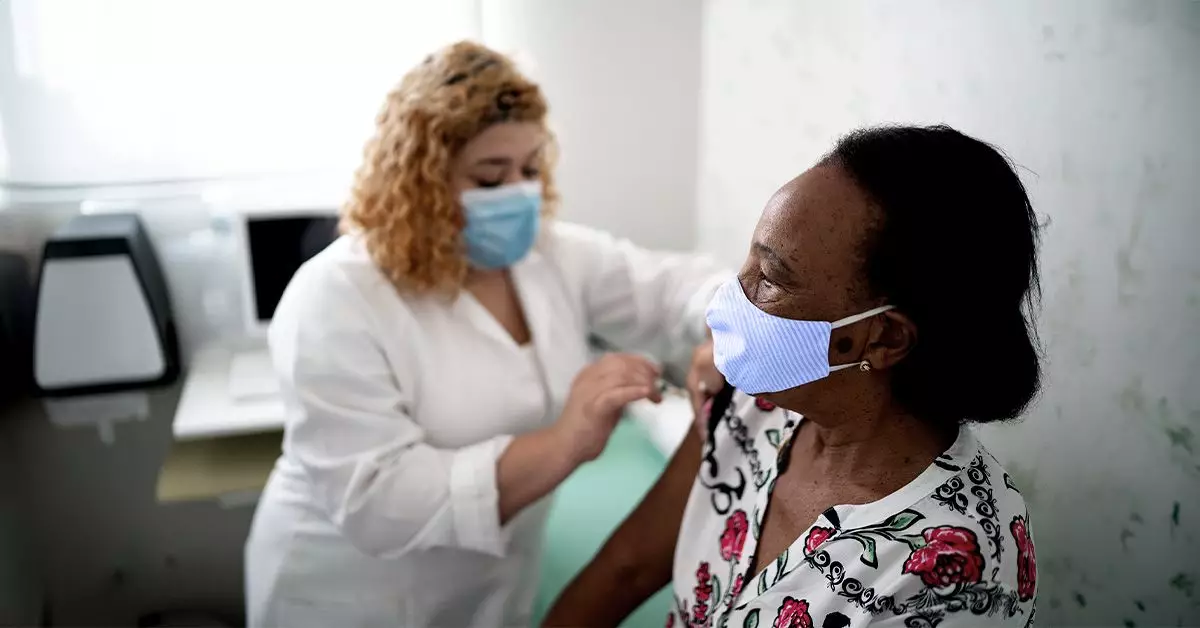Medicare Part B and Medicare Advantage can cover allergy shots that are deemed medically necessary. These shots are typically used for chronic allergic reactions that do not improve with over-the-counter treatments. Subcutaneous immunotherapy, commonly known as allergy shots, works by exposing the individual to small amounts of the allergen over time to reduce the immune response to the trigger. However, Medicare will only pay for allergy shots if they are administered by a doctor experienced in immunotherapy and in a clinical setting equipped to handle severe allergic reactions.
Medicare will approve payment for allergy shots under certain conditions. The treatments must be deemed medically necessary by a qualified doctor with experience in immunotherapy. Medicare may require documentation to confirm the eligibility of the treating physician. Additionally, the shots should be administered in a clinical setting capable of responding promptly to any severe allergic reactions that may occur as a side effect.
Although Medicare covers medically necessary allergy shots, there are limitations to this coverage. Some uses of allergic immunotherapy are considered investigational or experimental and therefore not covered by Medicare. These include food allergies, non-allergic asthma, and migraine headaches. The duration of covered treatment varies for each individual, and Medicare evaluates coverage on a case-by-case basis, taking into account the doctor’s recommendations, the severity of the allergy, and the individual’s response to previous treatments.
Medicare Part B pays for 80% of the cost of allergy shots, with the individual responsible for the remaining 20%. Medicare Advantage, which includes Part B, also provides coverage for allergy shots. Private insurance companies administer these policies, so coverage may vary. Medigap, or supplemental insurance, can help cover out-of-pocket costs such as coinsurance or deductibles associated with Medicare. The costs of allergy shots can vary based on the level of coverage, the components in the shot, the frequency of administration, and additional clinic fees.
In addition to allergy shots, Medicare Part B also covers allergy testing. Medicare Advantage, which includes Part B, will also cover allergy tests. Medicare Part D covers prescription medications, including allergy medications. However, Medicare does not cover sublingual immunotherapy as evidence does not support its effectiveness in reducing allergies. Sublingual immunotherapy involves placing a pill under the tongue for a few minutes before swallowing it.
While Medicare provides coverage for medically necessary allergy shots, there are certain limitations and conditions that must be met for coverage to be approved. It’s important to consult with a doctor experienced in immunotherapy to determine if allergy shots are the right treatment option. Understanding the coverage and costs associated with allergy shots under Medicare can help individuals make informed decisions about their healthcare.

